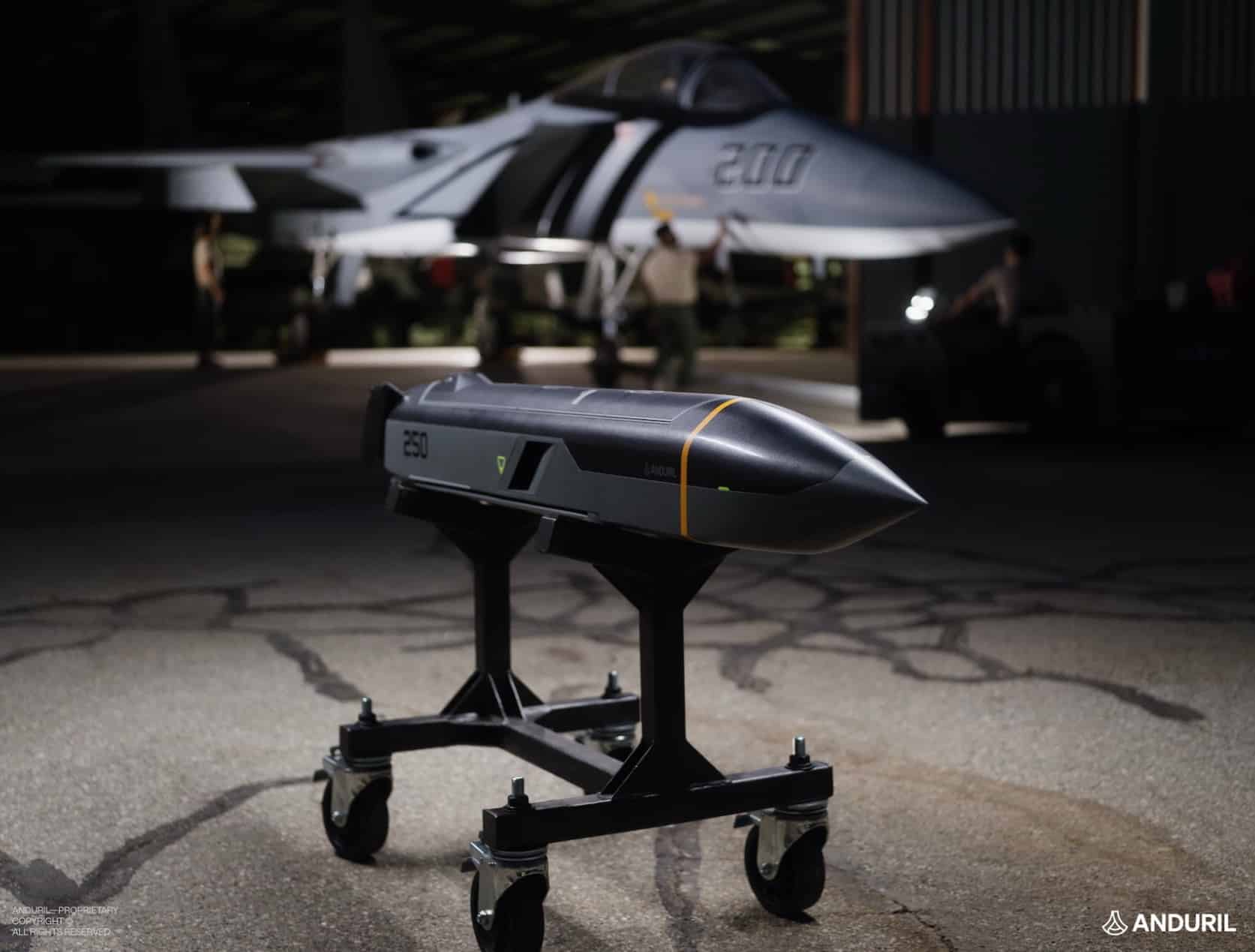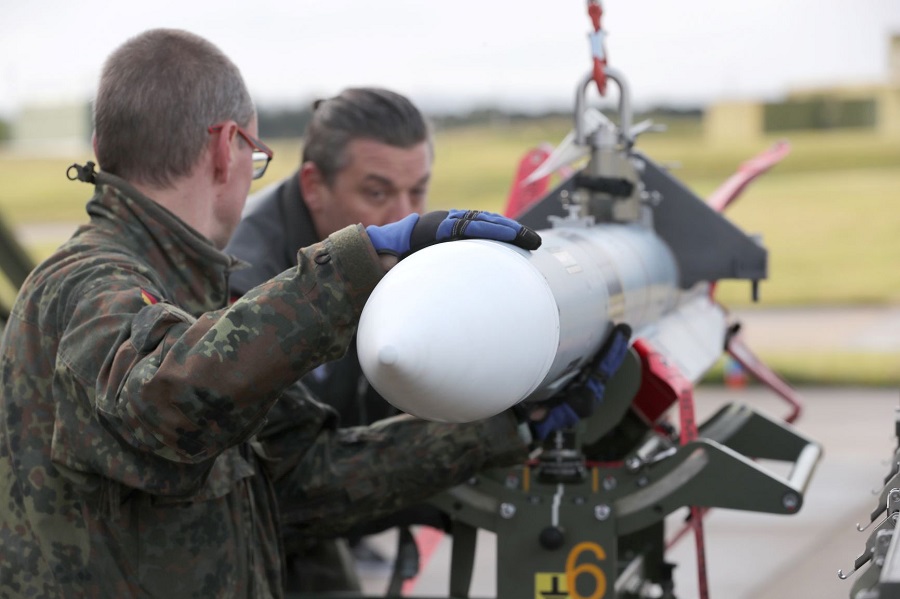Germany Teams Up with Industry Leaders to Develop Advanced Long-Range Combat Drones
In a significant move aimed at bolstering its military capabilities, Germany has announced plans to develop long-range combat drones designed for deep-strike missions. This initiative is a collaboration among three industry consortia: Airbus partnering with Kratos, Rheinmetall teaming up with Anduril, and Helsing. The development comes at a time when the need for advanced military technology is increasingly pressing, particularly in light of ongoing global tensions and security challenges.
Background & Context
The decision to invest in long-range combat drones reflects Germany"s commitment to modernizing its armed forces and enhancing its operational capabilities. Drones have become a crucial component of modern warfare, providing nations with the ability to conduct surveillance, gather intelligence, and carry out precision strikes without risking the lives of personnel. As previously reported, similar developments are occurring across Europe, with countries recognizing the strategic advantage that unmanned systems can offer in complex combat environments.
Germany"s move also aligns with NATO"s ongoing efforts to adapt to new security threats. The alliance has emphasized the importance of integrating advanced technologies into military operations, particularly in response to recent geopolitical events. The development of these drones may not only enhance Germany"s national defense but also strengthen NATO"s collective capabilities.
Key Developments
The three consortia selected for the project bring together a mix of established aerospace and defense manufacturers and innovative technology firms. Airbus and Kratos have a history of collaboration, focusing on integrating cutting-edge technology into their platforms. Rheinmetall and Anduril, known for their advanced defense solutions, aim to leverage artificial intelligence and autonomous systems in their drone designs. Helsing, a relatively new player in the defense sector, is expected to contribute its expertise in software and systems integration.
Each consortium is tasked with developing unique concepts that will cater to the specific needs of the German armed forces. The focus will be on creating drones capable of conducting deep-strike missions, which require precision, speed, and the ability to operate in contested environments. This initiative is not only about enhancing Germany"s military prowess but also about fostering innovation and collaboration within the European defense industry.
\n\n
Image for Germany Teams Up with Industry Leaders to Develop Advanced Long-Range Combat Drones
Broader Impact
The implications of Germany"s drone development program extend beyond its borders. As nations increasingly turn to unmanned systems, there is a growing concern about the ethical and strategic ramifications of drone warfare. Experts argue that while drones can minimize risks to human life, they also raise questions about accountability and the potential for escalation in conflicts. The ongoing situation in Ukraine, where drone strikes have played a pivotal role, highlights the evolving nature of warfare and the importance of adapting military strategies accordingly.
Moreover, Germany"s investment in drone technology could stimulate a wider European defense market. As member states look to enhance their military capabilities, the demand for advanced systems may lead to increased collaboration among European nations, fostering a more integrated defense strategy. Recent developments in drone technology, such as those seen in conflicts involving Ukraine and Russia, underscore the urgency for nations to stay ahead in this rapidly evolving domain, as highlighted in previous reports.
What"s Next
Moving forward, the German government will oversee the development process, ensuring that the resulting drone systems meet the operational requirements of the Bundeswehr. The consortia will be expected to deliver prototypes within a specified timeframe, which will undergo rigorous testing and evaluation. As the project progresses, Germany will likely engage in discussions with NATO allies to integrate these systems into broader defense strategies.
Additionally, the collaboration may lead to advancements in drone technology that could benefit civilian applications, such as disaster response and surveillance. As nations continue to invest in this technology, the potential for dual-use applications will become increasingly relevant, providing opportunities for innovation beyond military contexts. The outcome of this initiative could redefine Germany"s role in European defense and set a precedent for future collaborations in the defense sector.

Image for Germany Teams Up with Industry Leaders to Develop Advanced Long-Range Combat Drones


![[Video] Heavy clashes and gunfire reported in Baghdad, Iraq](/_next/image?url=%2Fapi%2Fimage%2Fthumbnails%2Fthumbnail-1768342239932-848qsh-thumbnail.jpg&w=3840&q=75)




![[Video] Gunfire between Iraqi security forces and Sadr militias in Baghdad](/_next/image?url=%2Fapi%2Fimage%2Fthumbnails%2Fthumbnail-1768343508874-4redb-thumbnail.jpg&w=3840&q=75)
